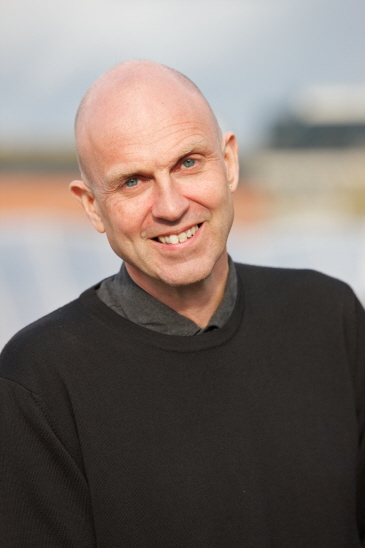Professor George Davey Smith, from the School of Social and Community Medicine, is one of 53 new fellows for 2014.
New fellows are elected each year via a rigorous five-stage nomination process. They are selected in recognition of outstanding contributions to their field, representing a wide range of disciplines, spanning the arts, business, science and technology sectors.
Professor Davey Smith is the Scientific Director of the Children of the 90s study, a long-term health research project that enrolled 14,000 pregnant mothers in 1991 and 1992, and has followed the health and development of their children ever since.
He is also Director of the newly-established £23 million MRC Integrative Epidemiology Unit (IEU) at the University of Bristol, jointly funded by the Medical Research Council (MRC) and the University of Bristol to conduct some of the UK’s most advanced population health science research.
Professor Davey Smith’s career in epidemiology has taken in studying childhood diarrhoea in Nicaragua, heart disease in Glasgow, child growth and nutrition in India and socioeconomic and ethnicity-related inequalities in health in the US.
Over the past decade he has concentrated on integrating genomic technologies into population-based epidemiological studies to help improve inference regarding causes of diseases (known as Mendelian randomisation).
He has also contributed to epidemiological and statistical methodology, particularly around measurement error and meta-analysis, and the history of epidemiology
Professor Davey Smith said: “With my continuing involvement in public health research in Scotland after I moved from Glasgow University to Bristol, it is a real honour to be elected to the Royal Society of Edinburgh.”
The RSE is a leading educational charity which operates in an independent and non-party-political basis to provide public benefit throughout Scotland. Established by Royal Charter in 1783, the work of the RSE includes awarding research funding, leading on major inquiries, informing public policy and delivering events to inspire knowledge and learning.
Sir John Arbuthnott, President of the Royal Society of Edinburgh, said: “The fellowship is at the very heart and soul of the work of the RSE. One of my most rewarding duties is to oversee the highly-selective process that identifies which of the outstanding candidates nominated each year should be recommended for election to the Fellowship of the RSE.
“With such a great number of highly distinguished individuals joining this year, I have every confidence that they will bring the exceptional skills and experience needed by the RSE to continue its 230-year history of supporting excellence across all areas of academic and public life in Scotland.”
